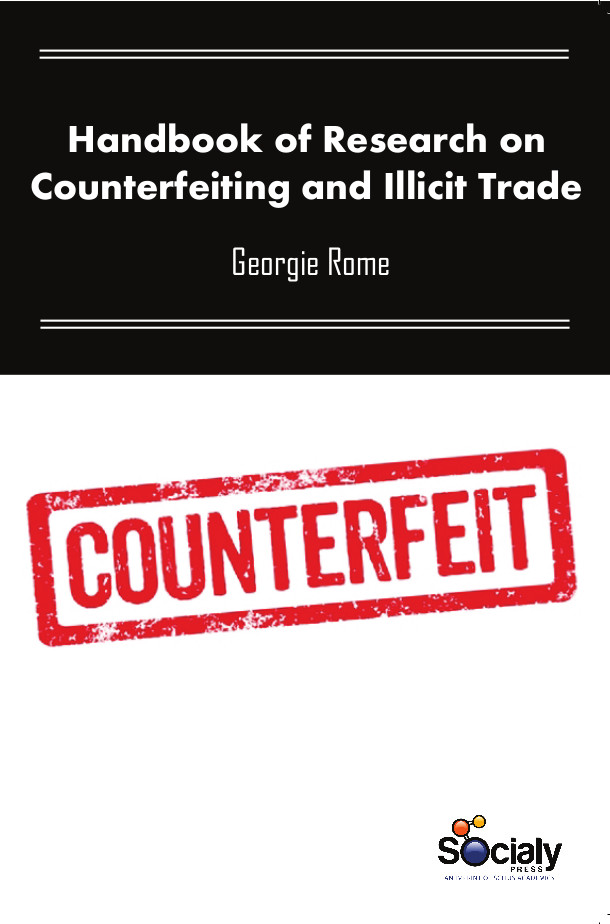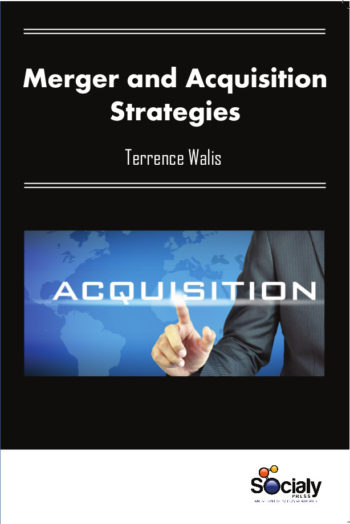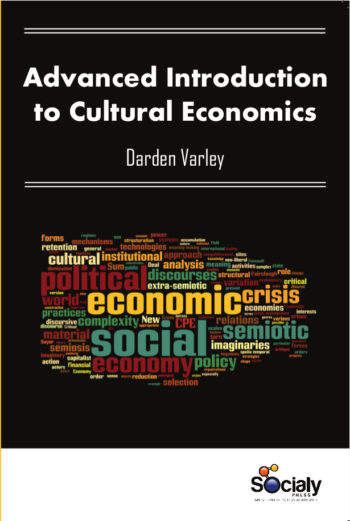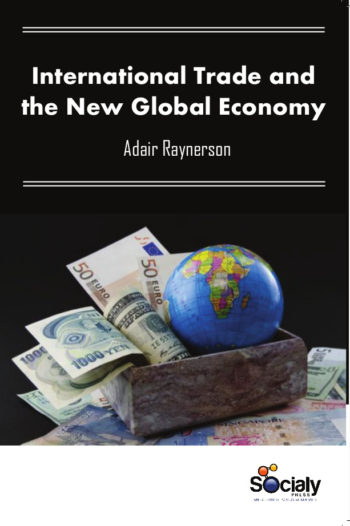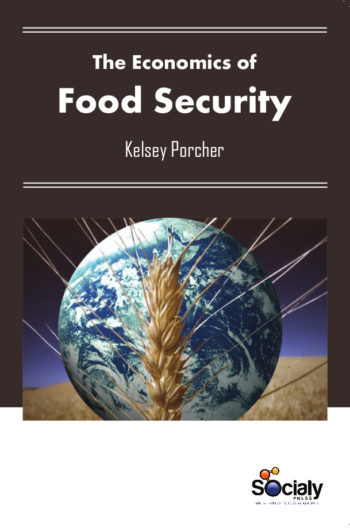Illicit trade is a major and growing problem worldwide. Illicit trade represents a significant part of the total world trade. Of this, the illicit trade in “normally legal goods” is the single largest category, bigger than the global trade in narcotics, weapons and human trafficking put together. Its negative impact on multiple levels, with significant humanitarian, economic and national security implications, has been increasingly recognized. Be it smuggling, counterfeit or tax evasion, governments are losing billions of dollars in tax revenues, legitimate businesses are being undermined and consumers are being exposed to poorly made and unregulated products. Excisable fast moving consumer goods such as tobacco and alcohol are widely recognized to be among the most illegally traded products in the world. Illicit trade is not just the work of small operators. Organized crime is increasingly dominant, exploiting differences between national regulatory regimes, advances in technology and global financial and transportation links to traffic illicit goods. Illegal manufacturing facilities and distribution networks span continents and substantial resources are invested in copying even the most sophisticated anti-counterfeiting devices such as paper tax stamps and holograms.
Handbook of Research on Counterfeiting and Illicit Trade provides multiple perspectives on the growth of illicit trade, exploring counterfeits and internet piracy. It includes wide range of topics contributed by renowned experts, including the evaluation of key global enforcement issues, government and private-sector agency initiatives to stifle illicit trade, and the evolution of piracy on the internet.
By avoiding regulatory controls the criminals behind these activities typically peddle often dangerous goods with a complete disregard for the health and safety of consumers. The phenomenon has grown to an unprecedented level, posing tremendous risks to society and the global economy.
All levels of society are impacted by trafficking in illicit goods as counterfeiting harms businesses which produce and sell legitimate products, governments lose tax revenue from products manufactured or sold on the black market, and consumers are at risk from substandard products. This Book will be of great worth to scholars and practitioners of law, criminology and trade. It will also be a great resource for government agencies, policymakers and private-sector managers in those industries most affected by this growing and pervasive problem.

